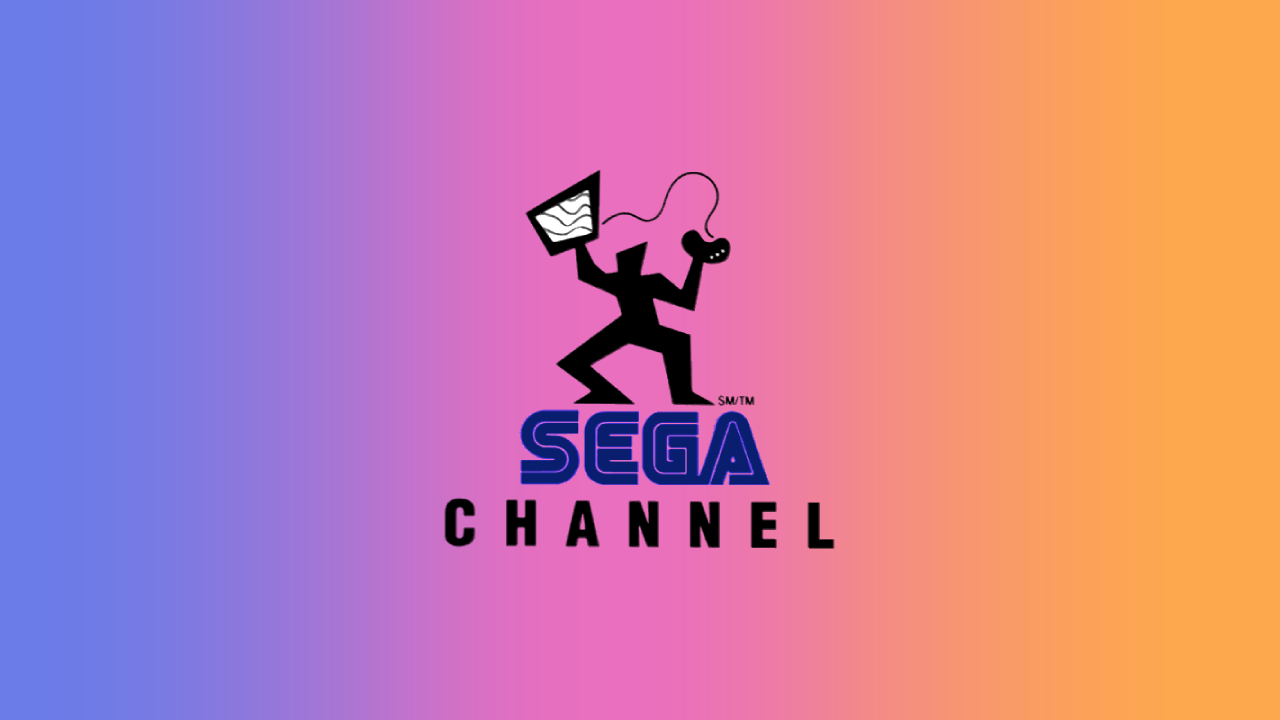Surely in recent months, you have heard about the Stop Killing Games initiative, a movement that fights for the preservation of video games and is gaining more and more strength as it becomes better known. This initiative began in 2024 after the controversial shutdown of the servers for the game The Crew by Ubisoft, which resulted in users no longer being able to access the title despite having legally purchased it, even though it included single-player modes. YouTuber Ross Scott brought this claim to life, and later in July 2024, he turned it into an official citizen petition in the European Union. Its goal: to gather 1 million signatures so it can be debated in the European Parliament.
Stop Killing Games seeks to guarantee access to games even after their distributors decide to discontinue them. This protects the rights of consumers, which have always been trampled on by large corporations. Currently, there is no common regulation, and each market governs this differently. In the United States, for example, games are considered usage licenses, and something similar happens in Europe, but within a legal limbo.
Abusive clauses in End User License Agreements (EULA)
Currently, End User License Agreements (better known as EULAs) from many major companies like Ubisoft, Capcom, SEGA, Bethesda, among others, often include abusive and sometimes ridiculous clauses that infringe on consumer rights. Several users have reviewed the fine print of these agreements and shared them online. One of the most controversial clauses comes from Ubisoft, which I transcribe below:
“The EULA becomes effective from the date you purchase, download, or use the Product, until its termination under its terms, whichever occurs first. You and UBISOFT (or its licensors) may terminate this EULA at any time and for any reason. Termination by UBISOFT will become effective (A) upon notice, (B) upon the cancellation of your UBISOFT account (if any), or (C) when UBISOFT decides to discontinue offering or supporting the Product. This EULA will automatically terminate if you breach any of its terms and conditions. Upon termination, for any reason, you must immediately uninstall the Product and destroy all copies in your possession.”
As we can see, these agreements currently allow monopolistic practices that infringe on consumer rights. Licensing companies can unilaterally terminate the agreement whenever they wish and stop supporting a legally purchased product. It is clear that no company will enter your home to verify that you have indeed destroyed your original copy, but they could take legal action if, for example, you wanted to sell, trade, or gift a game you paid for. And worse, this inevitably causes many games to disappear forever without any possibility of recovery, which represents an attack on the preservation of cultural assets.
The Stop Killing Games initiative gains more and more support
The gaming community, for the most part, as well as a large portion of development studios, especially in the indie sector, support the measure. The few opponents are large corporations and a few individuals who generally seek media attention by opposing what is clearly the right path.
One of the most influential people supporting the movement is none other than Notch, the creator of Minecraft, who recently shared his opinion on his official Twitter account, stating the following:
Just verifying that yes, that is what I was talking about.
— notch (@notch) July 7, 2025
If buying a game is not a purchase, then pirating them is not theft.
Support for this initiative is not limited to the gaming and development community; it has even reached the political field. A few days ago, the media outlet Dexerto echoed an Instagram post by the Vice President of the European Parliament, where he declared his support and even shared the link to sign.
"I stand with the people who started this citizen initiative. I signed and will continue to help them. A game, once sold, belongs to the customer, not the company."
— Stop Killing Games Official (@StopKilingGames) July 12, 2025
Thank you @nicustefanuta !https://t.co/Bh4KKIqN8j https://t.co/8gHEaMfsxa pic.twitter.com/crM7xb6cgC
For this initiative to be discussed in the European Parliament, it must be signed by more than 1 million citizens. Therefore, it is of vital importance to gather as many signatures as possible. From this outlet, we encourage those who can to sign the petition to protect both consumer rights and cultural preservation. Link to the initiative.






